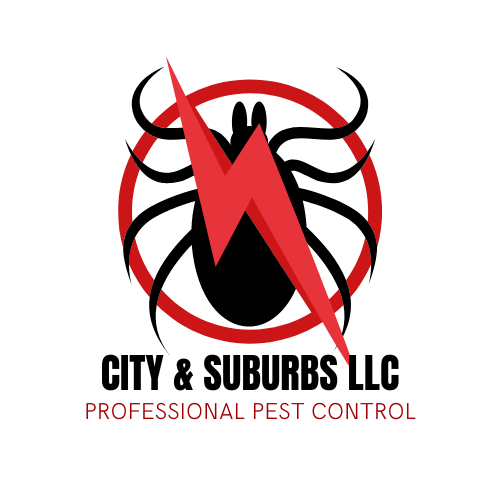Centipede control in Philadelphia
Centipedes are a common pest on your property and are known as a major sore to the eyes. With multiple skinny legs and long bellies, they are not a welcome sight. They are usually found in basements, crawlspaces, and other dark, damp habitats. When spotted or disturbed, they usually flee quickly. However, despite their fearsome appearance, centipedes are rarely endangered.
How to recognize a centipede and what does it look like?
Centipedes come in many species, but home centipedes are typically encountered by most homeowners. These centipedes have flattened, segmented bodies and numerous long legs. About an inch long, light brown, with his three vertical stripes. However, centipedes often appear larger than they actually are due to their slender legs. Part of the foot can be more than twice the size of the actual body. Centipedes also have articulated antennae, which can be confused with front legs.
Are centipedes poisonous?
Yes, centipedes are poisonous. Millipedes are carnivores and primarily prey on small insects such as beetles, silverfish, and cockroaches. To consume them, they chew and excrete venom from their jaws, paralyzing them.
Do centipedes bite?
Although not common, centipedes may bite if threatened. A centipede sting usually feels like a bee sting, and the pain is short-lived. These painful bites go away on their own and can be treated with over-the-counter medications.
Are centipedes really dangerous?
Centipedes are generally not considered dangerous. At least, not the centipedes found around homes in the southeastern United States. If you disturb or frighten a centipede, it will flee and hide in crevices instead of attacking. If you are bitten by a centipede, you may get a rash from the sting, but it is not life threatening. As with other types of insect bites, more severe allergic reactions are possible, but not common.
How can I get rid of centipedes?
Centipedes are not dangerous, but finding them is surprising. There are certain precautions you can take to combat centipede infestations. Control the humidity level in your home. House centipedes are attracted to damp environments, especially basements and crawl spaces. Humidity can be adjusted using a commercially available dehumidifier. Also, avoid leaving water sources such as half-filled bowls or cups unattended. Protect the outside of your home from dirt. Ground centipedes can hide under rocks, logs, and even fallen leaves. Eliminate other pests that centipedes are chasing. Centipedes are carnivores, so unless you have other pests, they won't want to live in your home. In fact, seeing centipedes in your home can be an early sign of other pest problems.
If you are having troubles with centepedes in your home, contact CITY AND SUBURBS PEST CONTROL LLC from Philadelphia, and let our professionals do the job
